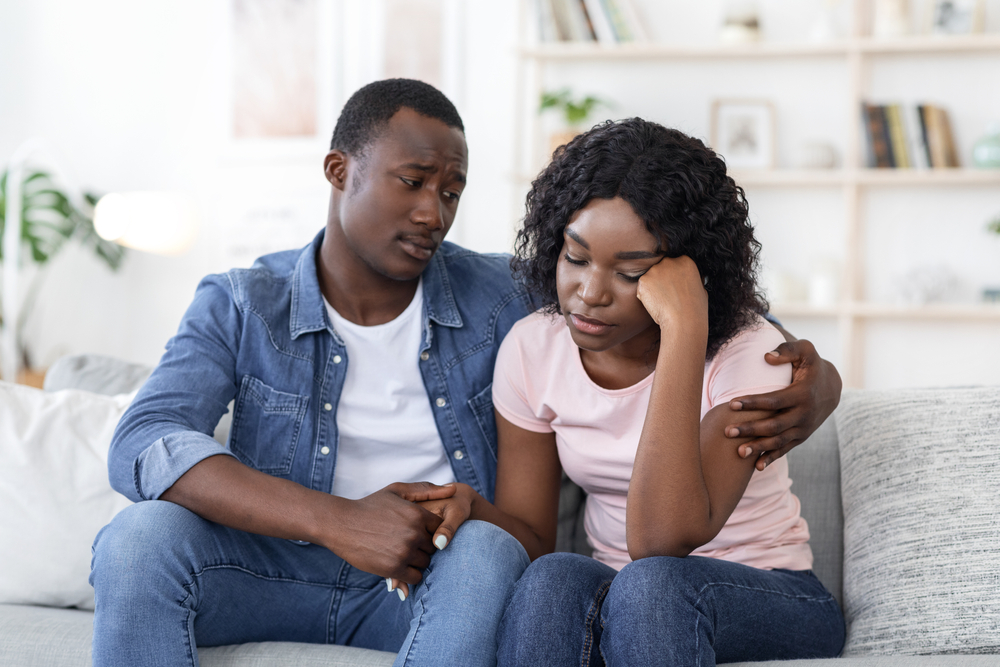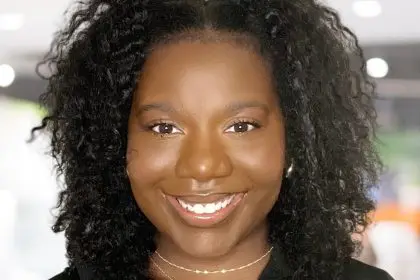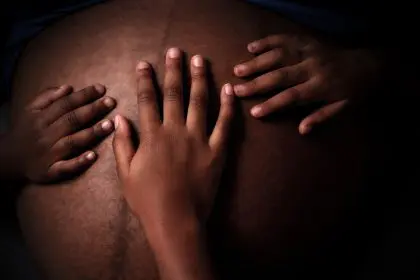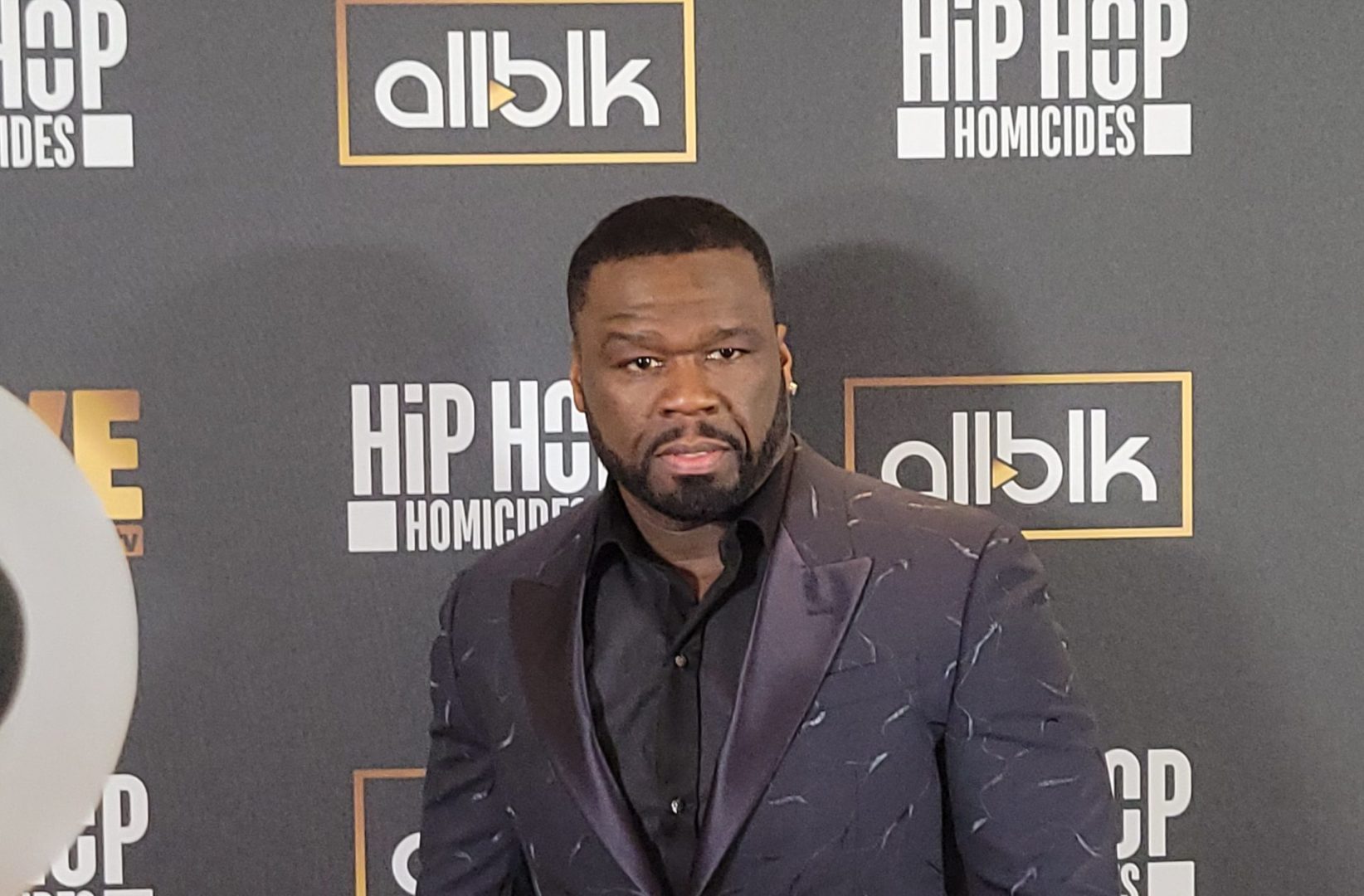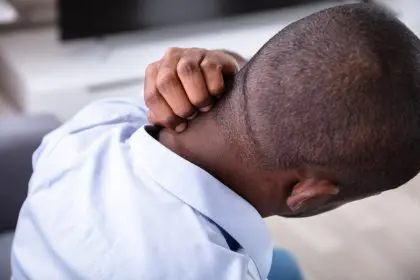A recent study has highlighted a concerning reality: a significant majority of Black women of reproductive age in the United States are living in states with strict abortion bans or impending restrictions. This article delves into the implications of these findings and the additional challenges faced by Black women in the current sociopolitical climate.
Prevalence of abortion restrictions
The National Partnership for Women & Families and In Our Own Voice: National Black Women’s Reproductive Justice Agenda have released a study indicating that 57 percent of Black women in the U.S. ages 15 to 49 reside in states with limited abortion access. This equates to nearly 7 million women affected by these restrictions, particularly in states like Florida, Georgia and Texas.
Geographic and economic disparities
The study reveals that these restrictions are not evenly distributed across the country, with a significant portion of affected Black women residing in just three states. Moreover, the economic impact is profound, with 2.7 million Black women being economically insecure and 1.4 million working in service jobs that often lack essential resources such as paid sick leave and flexible scheduling.
Maternal mortality and health risks
There is a disturbing correlation between states with restrictive abortion laws and high rates of maternal mortality, which disproportionately affect Black women. The study found that 17 of the 26 states with restricted abortion access also have above-average maternal mortality rates, raising serious concerns about the health and well-being of Black women in these regions.
The dilemmas faced by Black women
Black women are grappling with difficult questions about their reproductive health and rights, including the risks of childbirth, the potential legal consequences of miscarriage or seeking an abortion and the possibility of forgoing having children altogether. These concerns are compounded by broader issues such as economic opportunity, cost of living and racial — specifically pro-Black woman justice.
Political implications and voter concerns
As the presidential election approaches, the issue of abortion access remains a critical concern for Black women voters. Polling indicates that 28 percent of Black women voters consider abortion the most important issue on the ballot, highlighting the need for continued advocacy and policy change.
The study underscores the urgent need for a comprehensive approach to reproductive justice that addresses the intersecting challenges faced by Black women in the United States. It is a call to action for policymakers, activists and communities to work together to ensure that the rights and health of all women are protected and upheld.

